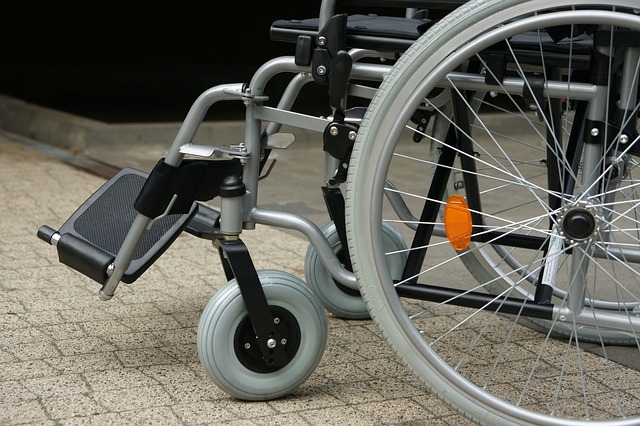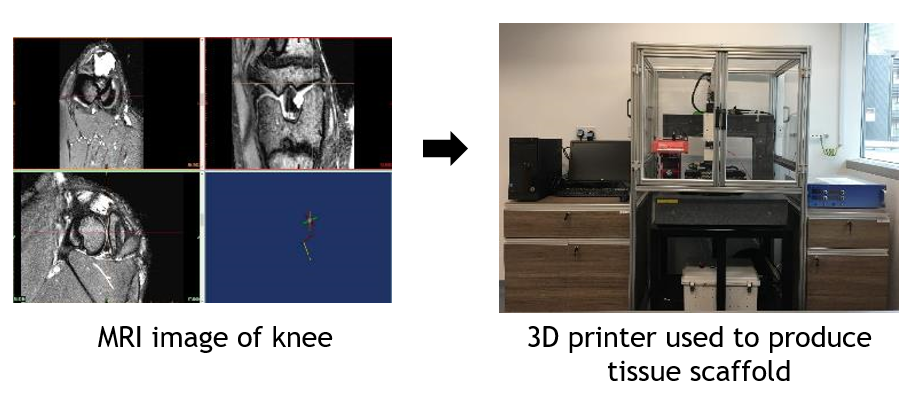
This collaborative project was started soon after the inception of CFMET, with Nanyang Polytechnic (NYP) providing the technical expertise to apply to an identified unmet functional need for wheelchair users, and particularly to the needs of their caregiver.
This project aims to develop a multifunctional wheelchair that is able to transform from a wheelchair to a flatbed with transfer boards convertible from parts of the wheelchair. Current wheelchairs lack the combination of functionalities that the proposed design will have, and consequently transfers of patients from wheelchair to bed and vice versa are currently very laborious, with significant fall risks and exposure of caregivers to injury.
This work aims to apply emerging 3-dimensional (3D) bioprinting technology to produce musculoskeletal grafts that can be customised to patient body size and clinical need. Patients’ MRI scans will be extracted to generate 3D models that could be used to 3D print the scaffolds. Moreover, the 3D print structure could be fine-tuned to duplicate the internal architecture and microstructure of native tissue.


Osteoarthritis is a top-five medical condition in terms of disease burden, as quantified by disability-adjusted life years (DALY). Ageing populations worldwide have exacerbated this problem. Rehabilitation exercises improve osteoarthritic conditions by strengthening joints, alleviating pain and increasing mobility. However current institution-based protocols entail intensive resources and manpower, and are often not optimal.
CFMET has collaborated with NUS Faculty of Engineering to develop technology for tele-health. We use tablet devices, advanced signal processing techniques and wearable sensors to accurately monitor and quantify the progress of patients undergoing guided tele-rehabilitation programmes at home, without therapists needing to be physically present. The system will also provide automated real-time feedback to the patient for increased efficacy. Based on promising early studies, this project now aims to develop and trial novel algorithms and modules for the large numbers of osteoarthritic patients who are best managed within the community, alleviating strains on healthcare resources and manpower. Ultimately, other medical conditions may also benefit from this approach.